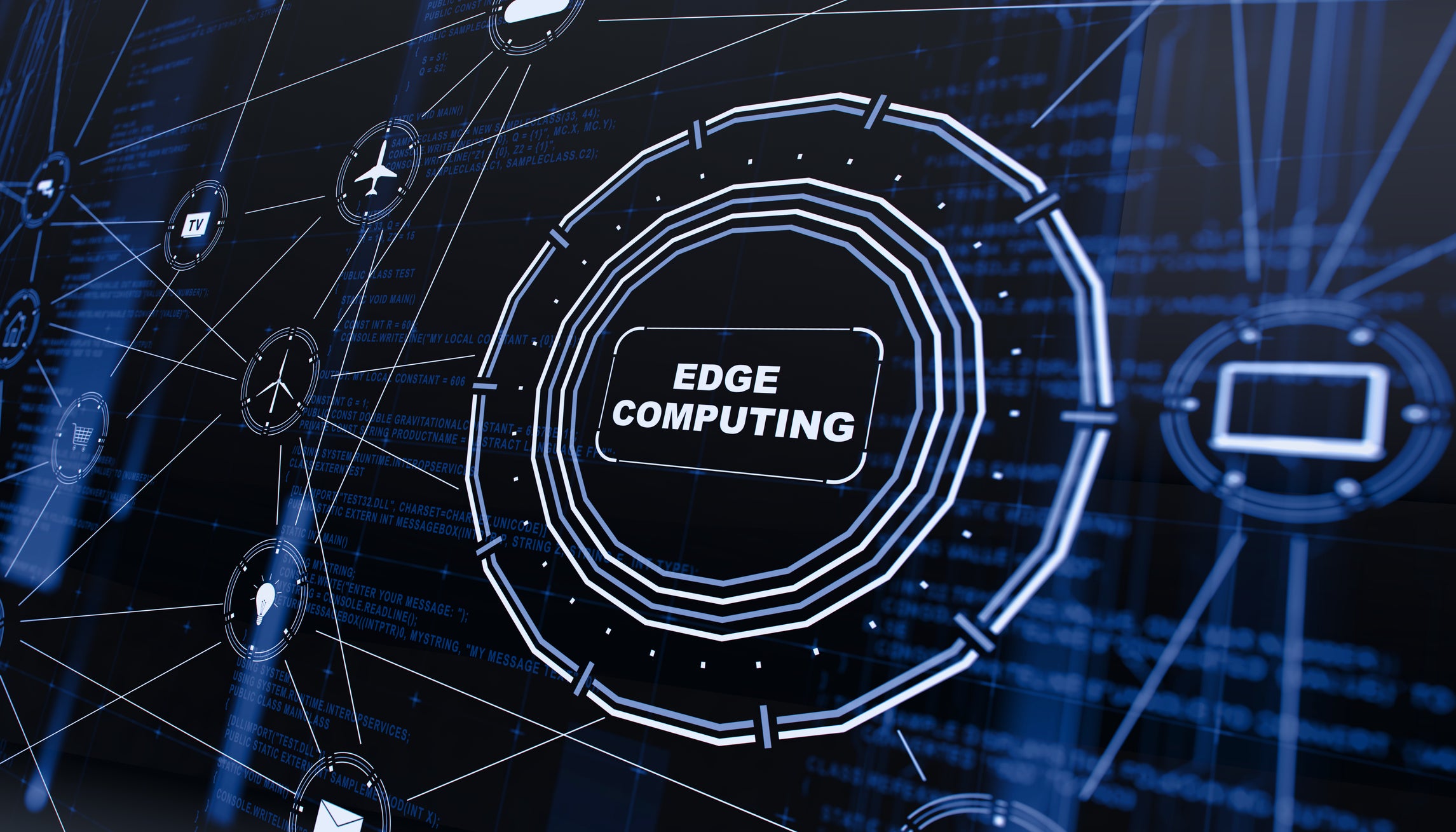
Edge computing has become a major buzzword when talking about the future of technology.
Back in the day, when computing was in its very early stages, it was widely known that there was ‘one big computer’. As technology progressed, we learned how to connect more terminals to the big computer, which was getting more and more powerful. Then, after years of further advancements, the world began to get personal computers, which did all the work individually.
This went on for a while, but, despite still being in the age of some of us owning personal computers, most of those devices are almost completely reliant on the cloud in 2022. Most people will be using their personal computers, smartphones, tablets, and more to access services that operate centrally – think Office 365, Microsoft Teams, Dropbox, etcetera and you get the idea.
On top of this, Amazon Echo, Apple HomePod and other smart tech are also completely reliant on data and content that’s stored somewhere in the cloud. It’s rare that anything is powered individually anymore. Even video games are relying on downloadable data and streaming than physical discs nowadays.
Huge businesses are depending on the cloud to provide all of their computing power and infrastructure too. However, there isn’t actually much space left for growth up there.
That’s where edge computing comes in. Instead of relying on the cloud, which can take some time due to latency and bandwidth issues, companies are attempting to innovate ways to figure everything out closer to the actual source.
How well do you really know your competitors?
Access the most comprehensive Company Profiles on the market, powered by GlobalData. Save hours of research. Gain competitive edge.

Thank you!
Your download email will arrive shortly
Not ready to buy yet? Download a free sample
We are confident about the unique quality of our Company Profiles. However, we want you to make the most beneficial decision for your business, so we offer a free sample that you can download by submitting the below form
By GlobalDataEdge computing has been defined as computing that occurs at or close to the source of the data.
Raj Sukumar, senior vice president & head of Europe at digital transformation and enterprise modernisation company Persistent Systems, told Verdict: “Taking Tesla as an example, the car is collecting vast amounts of real-time data.
“So, the most efficient way to analyse this data is to build a model and enable all the actions to happen there directly, rather than retrieving the data, sorting it, and then pushing it back to the car.”
Another example of this is Amazon shifting its Echo series from cloud-based processing to its own AI chips. The edge computing move mitigates the need for Alexa to process speech commands, contact the cloud and reply – and instead process it all in-house, making it faster and more efficient.
GlobalData is the parent company of Verdict and its sister publications.




